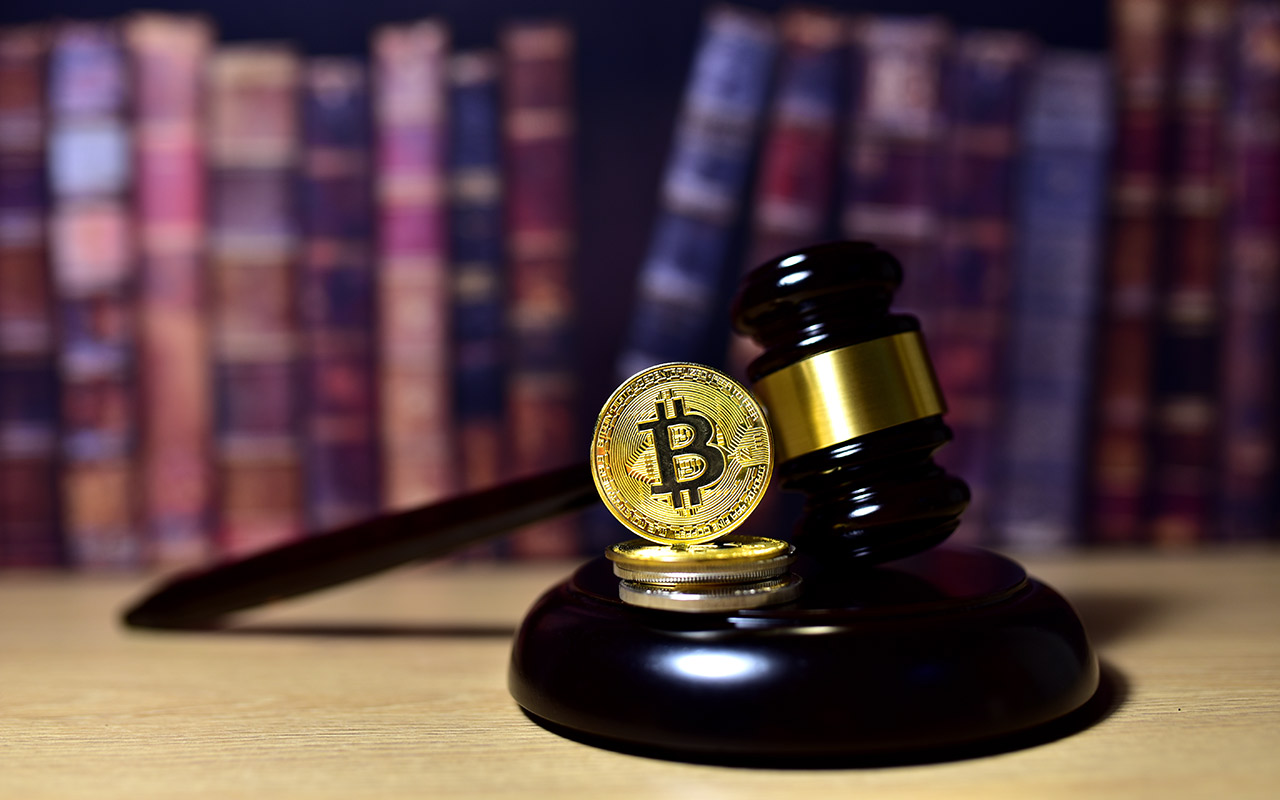FDIC: banks Need No Approval to Use Cryptocurrencies
The FDIC Clears the Way: Banks Can Now Enter the Crypto Market
The financial world is evolving, and a major shift just took place. In a press release today, The Federal Deposit Insurance Corporation (FDIC) has officially cleared the way for banks to enter the cryptocurrency space. This decision marks a pivotal moment for both traditional banking institutions and the rapidly growing digital asset industry.
What Does This Mean?
For years, banks have been hesitant to engage with crypto due to regulatory uncertainty. The FDIC’s recent move signals a change, providing clear guidelines that allow federally insured banks to offer crypto-related services. This means that banks can now:
-
Hold cryptocurrency on behalf of customers
-
Offer crypto investment products
-
Facilitate crypto transactions
-
Integrate blockchain technology into banking services
Why This Matters
This shift is significant for a few key reasons:
- Increased Trust in Crypto – With banks now able to provide crypto services, more consumers may feel comfortable entering the market.
- Mainstream Adoption – Traditional banks embracing crypto could accelerate mass adoption, making digital assets a part of everyday finance.
- New Revenue Streams for Banks – Crypto services provide financial institutions with new ways to generate revenue, from custody services to trading platforms.
- Regulatory Clarity – The FDIC’s involvement sets a precedent for future regulations, creating a clearer framework for crypto integration.
Challenges & Considerations
While this is a huge step forward, challenges remain. Banks will need to navigate security concerns, regulatory compliance, and volatility risks. Additionally, not all institutions will jump in immediately—some may take a wait-and-see approach before fully integrating crypto services.
The Future of Banking and Crypto
With the FDIC opening the door, the relationship between traditional finance and cryptocurrency is set to deepen. Expect to see more banks rolling out crypto-friendly services, digital wallets, and even DeFi-inspired banking products.
This is just the beginning of a new era in finance—one where traditional banking and decentralized finance (DeFi) begin to merge. Are you ready for the future of crypto-backed banking? SBLOCK can help.
